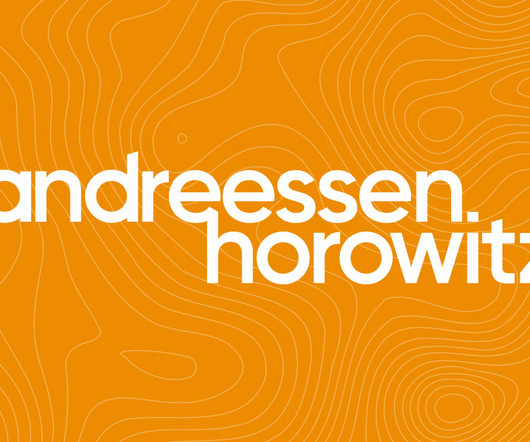Gust Blog - Thoughts on startups by investors that fund them
Gust
JUNE 19, 2012
Last weekend I caught Mashable announcing that Ebook Sales Surpass Hardcover in the U.S. I bought the Rocket eBook Reader in 1999. One of my earliest excursions into market research was working for a research firm doing a 1979 forecast on ATMs. I hate the forecast that assets some huge market and takes a small percentage of it.












Let's personalize your content